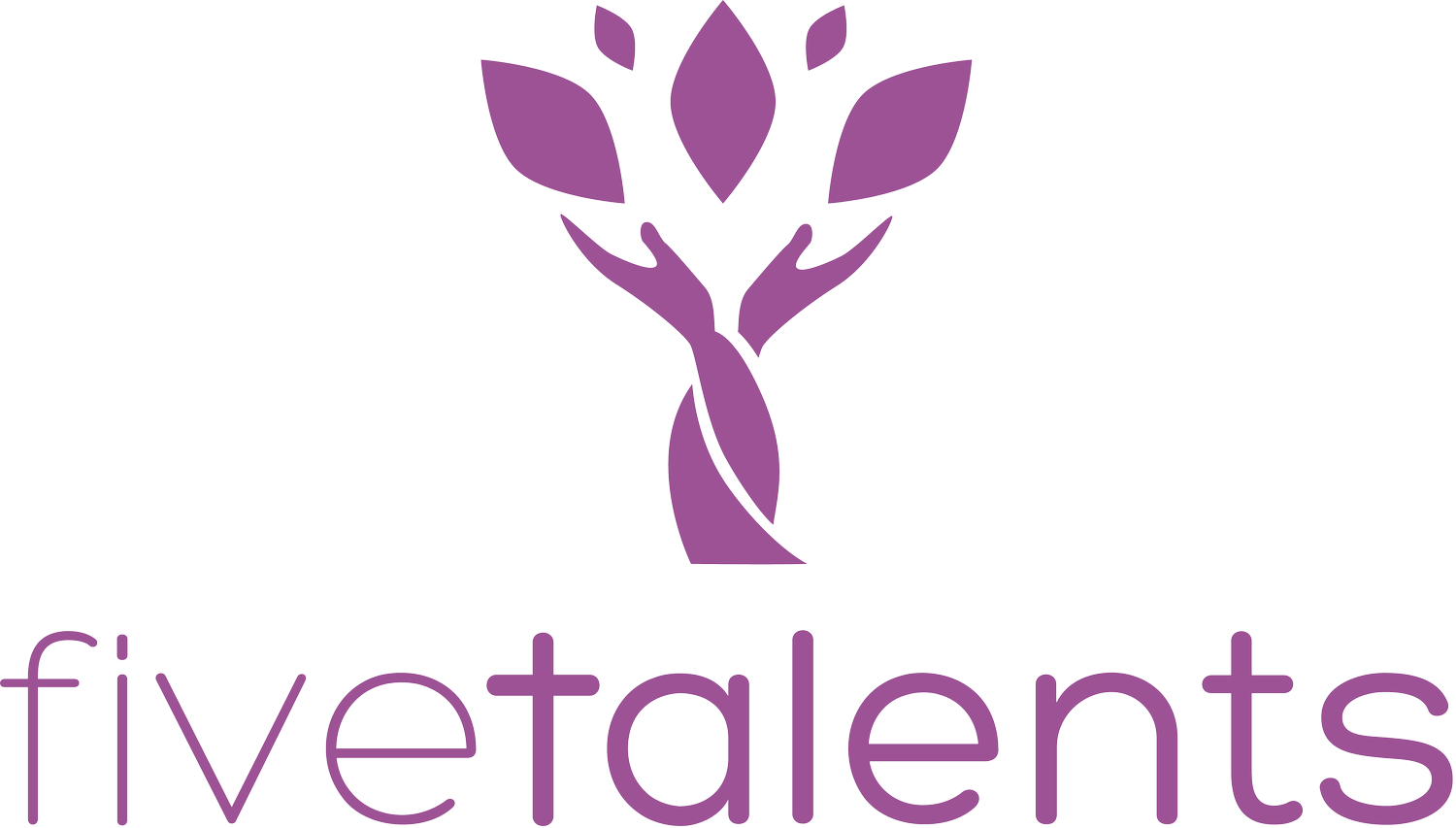Around the world many development organizations focus on financial transactions and investments. At Five Talents, our priority has always been on building strong relationships and cultivating local resources. Rather than pouring money into projects, Five Talents helps people discover and develop their own capacity. This is because we believe that immense value is found in the relationships and resources that already exist within local communities. By strengthening and building upon these relationships and resources, Five Talents is able to stimulate social, spiritual, and economic development.
Understanding Social Capital as a Tool for DEVELOPMENT
The theory of social capital. . . can be summed up in two words: relationships matter. By making connections with one another, and keeping them going over time, people are able to work together to achieve things that they either could not achieve by themselves, or could only achieve with great difficulty. (John Field, 2003)
One of the greatest tools that Five Talents leverages to bring about lasting change is social capital. Social capital refers to social networks and the value that these relationships have within a given community. Social capital includes assets such as friendship, emotional support, goodwill, trust, cooperation, power, influence, business opportunities, shared ideas and more. While traditionally economists have focused on labor, finances, education, and technology as drivers of economic growth, recently there’s been renewed scholarly interest on the impact of social capital. We’re not surprised. Social capital is at the heart of good business.
Social Capital, Business, and Community Savings
By helping to train and form savings groups, Five Talents leverages and strengthens existing social capital.
Let’s illustrate this with an example. Consider the case of Mary. When she joins a savings group in South Sudan, Mary finds herself learning in a community of friends and neighbors. While taking lessons in savings and financial management, Mary grows in her understanding of Christian values like honesty, transparency, accountability, faithfulness, planning, and stewardship; she recognizes the importance of these values in good business.
Over the course of about a year, Mary’s group develops strong structures to manage savings and loans, and their level of cooperation and trust grows. Mary receives encouragement and prayer support each week, and her friends offer advice as she makes plans to start her own business, a small tea shop.
When Mary is ready to take her first loan, the group is eager to support her and ensure that she succeeds. They know that their continued success is linked with hers. With a new kettle and tea mugs, Mary sets up her shop. Members of Mary’s group become her first clients, and she benefits from the influence, goodwill, and reputation of her group. Mary is able to use the existing social networks to market her business - word of mouth spreads quickly among her friends. As new needs arise in her business, Mary is able to look to her group again for advice as well as to access loans of increasing size.
Over time, Mary’s tea shop grows into a restaurant employing five others from her community and serving over 100 guests a day. Mary’s respect and influence also grows. She is able to use the profits from her business to send her children to school, cover medical costs, and put a new roof on her home. While the financial loans enabled Mary to purchase assets for her business, social capital served as the driving force for her development and success. This is how Five Talents powers change - leveraging local gifts, talents, resources, and networks.

